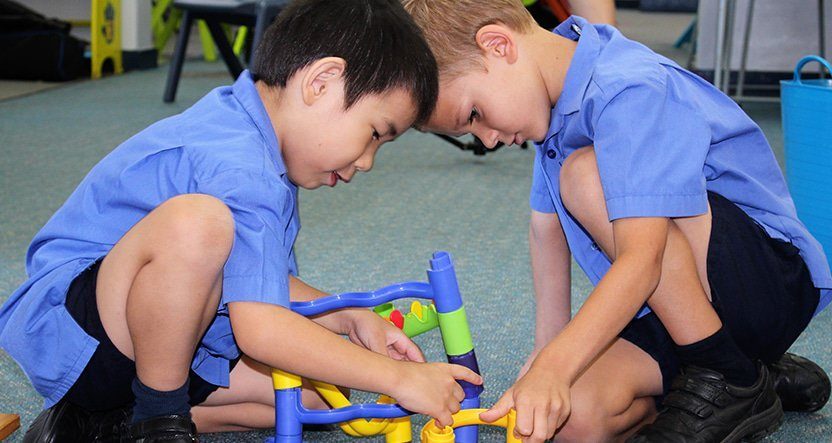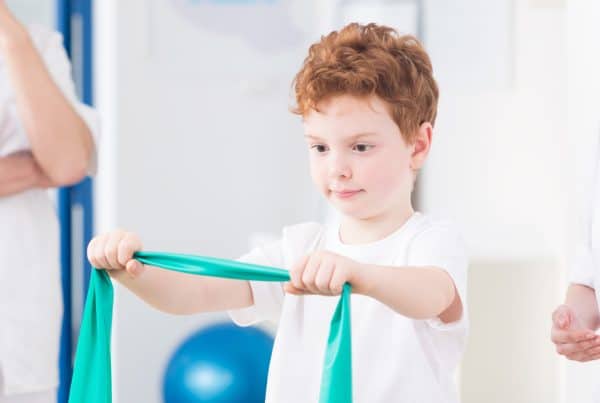Are boys falling behind academically? There is suggestion in education circles this could be the case. It seems pushing young boys to learn may result in decreased performance and increased behavioural issues.
But what if there was a way to reverse these issues? What if we could better understand how a boy’s brain develops and target teaching and learning to suit them better? Would we see more positive results in attention and learning for boys? So many questions… let’s find some answers.
The specific needs boys have when starting school is a primary focus at Peace Lutheran College.
Movement
Physical movement helps make connections. Our students often learn numbers, letters and writing through movement. Students can sit on wiggle stools, stand up or sit down on specially-designed furniture while learning. Hands-on activities rather than worksheets allow our students to manipulate their learning to suit them in a very practical way.
Connection
Boys need strong connections with the adults in their lives as well as what they are learning about. Author, educator and parenting specialist, Maggie Dent, supports that having male teachers as role models within the school is an asset to boys learning. In Junior School at Peace Lutheran College, we have five male teachers.
Ken Robinson, speaker and international advisor on education, says boys need to see the point to what they are learning, or we have lost them. Peace Lutheran College structures learning that heightens students’ interest and offers learning outcomes for all lessons, allowing students to feel a sense of achievement.
Chunking and Visuals
Boys generally have a short attention span and struggle with information overload. Having direct instruction that is chunked into small sections of time and information helps with this. Their learning is often most effective through sight, so our structured, visual learning helps to target this need.
Challenge
Boys are natural-born competitors. While we promote respecting others, at Peace Lutheran College we work closely with boys to help them identify boundaries while offering them the opportunity to compete.
Recognising how boys are physically and mentally wired, and adapting our teaching and learning to support this, sees boys at Peace Lutheran College as assets to our classrooms.
“The flexible learning model at Peace has had a positive impact on our son’s confidence, curiosity and social skills. The collaborative learning allows him to openly communicate and his ideas are recognised as important.” – Junior School Parent.
Book a tour today and see first-hand why parents and students value the Peace Lutheran College difference.





